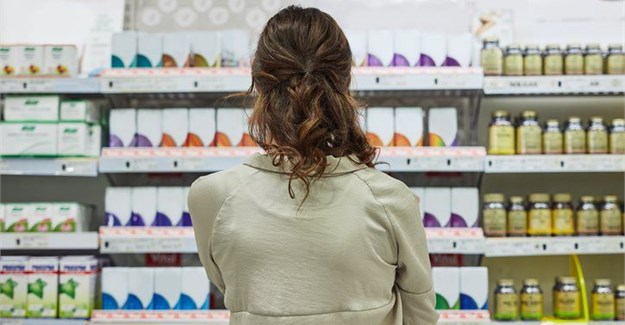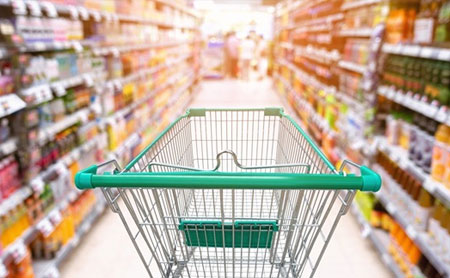Getty
From toilet paper in Australia to pasta in Italy and condoms in France, countries have noted interesting patterns of demand in the world of fast moving consumer goods (FMCG) in the last 100+ days. It's been a rollercoaster for suppliers to navigate the peaks and troughs, amid the legal limitations of lockdown conditions.
In South Africa, things took an interesting turn during lockdown Levels 4 and 5, with the notable increase in demand for yeast, ginger, and pineapples – presumably for recreational use other than baking.
Carina Marais, analytics and insights director for Proctor and Gamble (P&G), shares some of her insights into buying behaviour shifts since March within the local market.
1. Hesitant to hoard
After the initial mass purchasing of items like toilet paper just before Level 5 of the lockdown, the FMCG sector has seen a return to relatively standard consumer spend. Due to economic factors and logistics, South Africa didn’t experience the same level of empty shelves and mass hoarding that other countries did.
Marais believes this indicates South African retailers’ readiness, with many suppliers having reserves available. “It’s also an unfortunate reality that many South Africans didn’t have the means to stockpile.”
2. Selective buying
Many people now face financial difficulties, which means individuals are becoming increasingly price-aware and conscious of their expenditure. There’s more selectiveness when it comes to brands. “Before this, many consumers shopped on autopilot and impulse buying was more of a factor. Now consumers need to be savvier and shop around to get value for money,” says Marais.
People are gravitating to more affordable brands and promotions – like ‘buy one and get one free’. This is across the board for all consumers. “We are finding that even if finances aren’t an issue, people are thinking ahead and being more cautious with their spending.”
Consumers also want to limit their trips to the shops, which means buying in bulk. There are spikes of non-traditional purchases happening in stores, for example, beauty products being bought in grocery stores and baby products at the pharmacy.
“It’s difficult to predict if this will be something that lasts beyond our lockdown era. But it does mean that retailers with diverse products will do better than niche providers,” says Marais. “For many, shopping has lost some of its experience and become a chore. Making it a positive event will be the real challenge.”
3. E-commerce growing slowly
While e-commerce has surged in other countries, its growth has been slower in South Africa. This is partly because of initial restrictions on e-commerce in SA, and also because buying online is not as well-established here. However, e-commerce adoption is now accelerating, and providers are scrambling to put the requisite logistics in place.
Many third-party delivery services have stepped up to meet this need. Marais predicts that this change could be a permanent one. “This has certainly helped consumers to maintain social distancing and get things they need at shorter lead-times.”
4. At home life
While there was a dip in demand for grooming products like razors and make-up during lockdown, this has slowly returned to normal levels. This indicates people are seeking a return to normalcy. Marais’ research shows this as a positive change in reasonably priced goods.
“All signs point to consumers becoming more loyal to a product once they return to it. Because it is now seen as an essential good and not a luxury item.”
When personal care services were suspended, many people experimented with at-home kits to still get some treatments. Sales of at-home manicures, waxing and facials have slowly grown. “Due to safety concerns, people may be using these kinds of products for some time.” says Marais. “It is also a more affordable way to treat yourself. This will tick a lot of boxes for consumers.”
What happens next?
As the country – and the world – navigates so many unknowns, Marais believes that consumer shopping preferences will keep changing until we reach a new kind of ‘normal’. From when we can shop to the way we shop, South Africans are always resilient in adjusting to change.
“One thing is for certain – the consumer relationship with FMCG is stronger than before. Trends will certainly shift – but the analytics are now able to pick up on changes much quicker than before,” says Marais. “And as a nation, our ability to meet a challenge and source the products and services we need is definitely a key differentiator. Our resilience is our best asset by far.”
Article Source: https://www.bizcommunity.com/Article/196/162/207459.html





